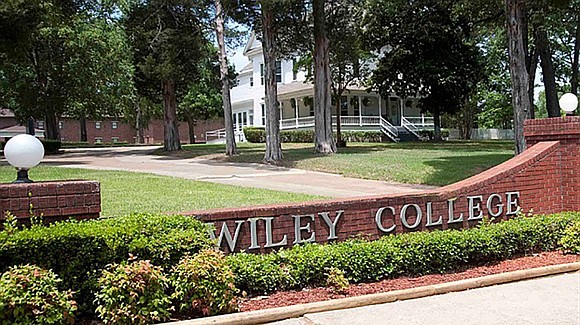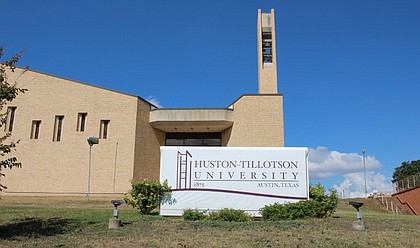HBCUs Spotlight: Huston-Tillotson University and Wiley College
Jo-Carolyn Goode | 3/15/2019, 12:48 p.m.
HBCUs in Texas contribute $1.3 billion to Texas’ economy according to uncf.org. That alone lets one know how vital they are to our society. This week we look into the history of Huston-Tillotson University and Wiley College for HBCU Awareness Month.
Huston-Tillotson University is the tale of two schools. The first is the story of Tillotson Collegiate and Normal Institute. George Jeffrey Tillotson and the American Missionary Society of Congregational Churches chartered the college in 1877 as a coeducational institution. Its doors officially open on January 17, 1881. For a brief period, it was a female only school from 1926-1935.
The second story is that of Samuel Huston College. This college was developed from the 1876 Methodist Episcopal Conference and further established by the 1883 agreement with the Freedmen’s Aid Society. The society was responsible for organizing groups of teachers from the North to come to South to teach at freedmen schools. Students were welcomed in 1900.
It was not until October 24, 1952, when the two colleges would merge to become Huston-Tillotson College. Later on February 28, 2005, the college would become the Huston-Tillotson University (HTU) we know today.
Located on 24 acres in East Austin on the yesteryear famed Bluebonnet Hill, HTU is a 501 © 3 not-for-profit private university that is accredited by the Southern Association of Colleges and Schools Commission (SACS) on Colleges. The coed liberal arts and science institution awards both undergraduate and graduate degrees. It evens has a dual engineering degree program where students can study at HTU and Prairie View A&M University (PVAMU) to graduate with a degree in mathematics from HTU and engineering discipline from PVAMU. HTU is affiliated with the United Methodist Church, United Church of Christ, and the United Negro College Fund. It is the first institution of higher learning in Austin, TX.
Not too far from HTU is Wiley College. Also a private HBCU, Wiley was founded in 1873 by Methodist Episcopal Church’s Bishop Isaac Wiley. He was a minister, medical missionary and educator. It was a good thing he was in the ministry because Wiley needed a lot of prayer when it was established.
Wiley was erected in the heart of racism during the Civil Rights Movement. In fact, it was Wiley students that organized and participated in the first sit-ins in Texas. Wiley grad James L. Farmer, Jr. is known to have been one of the Big Four of the Civil Rights Movement that worked directly with Rev. Dr. Martin Luther King, Jr., Roy Wilkins, and Whitney M. Young Jr.
The college is most famously known for its debate team. Once a huge success in the 1930s it disbanded until Denzel Washington came through with $1 million donation while working on the film. “The Great Debaters.” The Melvin B. Tolson/Denzel Washington Forensics Society of Wiley College are widely known as champions of debate. The team’s first national speech and debate title was winning the Pi Kappa Delta Comprehensive National Tournament. This victory was especially sweet since Pi Kappa Delta would not allow Wiley students to become members. In 2017, the debate founded and hosted the first meeting of the HBCU National Speech and Debate League.
Wiley College is also accredited by SACS. It is an institution of The United Methodist Church.
Check back next week when we will highlight three more Texas’ HBCUs.





